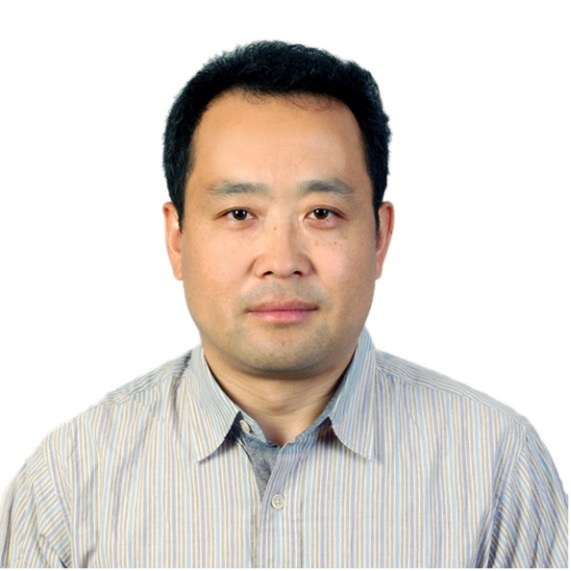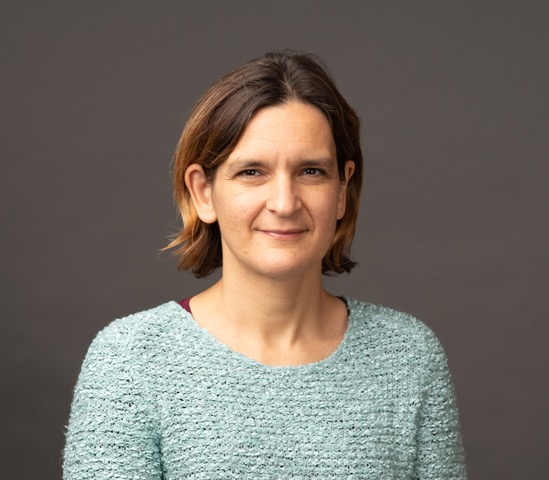Please join us if you are interested in continuing reinforcement learning problems where the agent has a single non-episodic stream of experience. In many cases, and most importantly for natural intelligence, the agent is never reset to a state that it has visited before. What is the right objective for these problems? How is the problem different from the episodic ones? Plz join this social if you are also curious about these questions!
Cryospheric Science and Emergence of Machine Learning
Cryosphere is the layer in a negative temperature state on earth, with continuous distribution and certain thickness. The earth's cryosphere can be divided into three types as continental, marine, and aerial cryosphere, which includes glacier/ice sheet, permafrost, snow cover, lake and river ice, sea ice, ice shelf, iceberg, and solid precipitation, etc. The cryosphere is one of the five major spheres of the climate system. It plays an important role in the earth system with its huge fresh water reserves, latent heat of phase transitions, carbon storage, and unique species habitats and cultural forms.
The presentation starts with an introduction of IPCC main conclusions on human induced climate change and its extremes since the Industrial Involution, especially recent decades. Cryosphere is a sensitive indicator of climate change. The impacts of rapid cryospheric changes have received increasing concerns since 21st century under the background of global warming, extending the research to the interactions between earth’s multi-spheres, including anthroposphere. As a result, cryospheric science has been rapidly developed into a new interdisciplinary, covering its formation, change processes and mechanism, its interactions with and among atmosphere/hydrosphere/biosphere/lithosphere, the influences and adaptations of cryosphere change impacts, the changing functions for serving regional and global economy and society. Cryospheric science is an inevitable scope of international research on the earth and environmental changes, as well as on human sustainable development.
The study on Chinese cryosphere has been developing rapidly following the scope of Cryospheric Science in the past 20 years, especially in the last decade. It has presented systematic achievements in terms of changes in the cryosphere and their impacts on ecology, hydrology, climate, environment, society and economy, and also obtain systematic understanding of the connotation and extension of the Cryospheric Science, made important contributions to the establishment and development of research framework and disciplinary system of the cryospheric science.
The presentation will also show some case studies on cryosphere using machine learning, such as data mining, permafrost mapping and soil organic carbon estimation, Arctic sea ice prediction, outlet glacier instability estimation of ice sheet, as well as paleoclimatic proxy reconstructions. Machine learning is a promising tool for studying both natural aspects and the socioeconomic aspects when studying cryospheric impacts such as services and hazards. There are complex linkages between cryospheric impacts and UN 2030s’ Sustainable Development Goals (SDGs) over the cryospheric influential regions, it is promising to use big data and machine learning to deepen our knowledge.
Key words: IPCC, cryospheric science, sustainable development, machine learning

Women in Machine Learning (WiML) Un-Workshop
The Women in Machine Learning (WiML) workshop was founded in 2006 to forge connections within the relatively small community of women working in machine learning, to encourage mentorship, exchange of ideas, and promote communication. The program features 4 invited talks, 4 breakout sessions each having 2-8 parallel webinars, a panel with discussions on “industry/academic research, how to choose your path” and “post-pandemic adjustment and tips”, a mentoring social and 4 sponsor expo talks. Please refer to https://wimlworkshop.org/icml2021/program/ for more information.
The workshop attracts representatives from both academia and industry, whose contributed talks showcase some of the cutting-edge research done by women. In addition to technical presentations and discussion, the workshop aims to incite debate on promising research avenues and career choices for machine learning professionals. Details about WiML’s history and past events can be found at www.wimlworkshop.org. WiML workshops are overseen by the WiML Board of Directors, who select and oversee the organizing committee for each year’s workshop.
In this talk, I discuss how approaches that may seem very different (randomized controlled trials and Machine Learning) can in fact be complementary. RCT can serve as a useful benchmark to evaluate the real world performance of ML strategies to recover causal effects. ML methods can be used to investigate treatment effect heterogeneity, sort through a large number of possible treatments, etc. The talk concludes with a wish list for Machine learning specialists.

Zeitgeist in NLP
From hunting mythical creatures, transcribing TV shows, compositionality and explainability in Deep Visual Learning to task descriptions for language models – Join us for our two-part meeting on Natural Language Processing! We will start with a panel and audience discussion including elevator pitches given by researchers and international partners of the German competence centers on AI. Afterwards we move to Gather Town, where we will have topical corners, room for further discussions, and a hang-out space for conversations in an informal atmosphere.
Indigenous in AI Social
Papa Reo (papareo.nz) is a multilingual language initiative grounded in Indigenous knowledge and ways of thinking and powered by cutting edge data science. We will present our work on the importance of indigenous sovereignty over data, platforms, and technologies used in the preservation, promotion, and revitalisation of language and culture. We will also cover some of our latest tools such as a real time pronunciation model which aims to decolonise the sound of te reo Māori. Papa Reo is led by Te Reo Irirangi o Te Hiku o Te Ika (Te Hiku Media), a charitable media organisation, collectively belonging to the Far North iwi of Ngāti Kuri, Te Aupouri, Ngai Takoto, Te Rārawa and Ngāti Kahu. Te Hiku Media is an iwi communications hub for radio, online video and media services. Māori language revitalisation is a core focus, and Te Hiku Media’s vision and mission were confirmed by a meeting of kaumātua (elders) and other native speakers of Te Reo Māori.
A QA and informal social will follow this talk